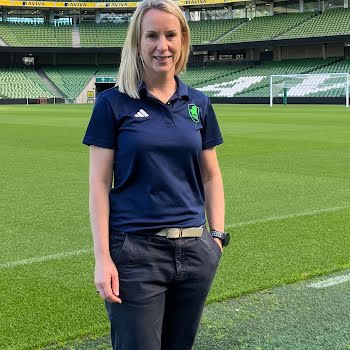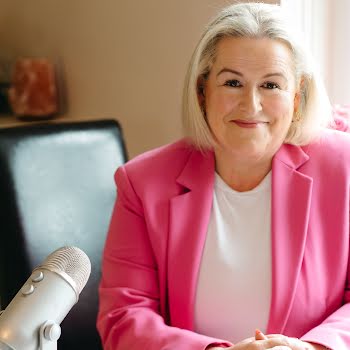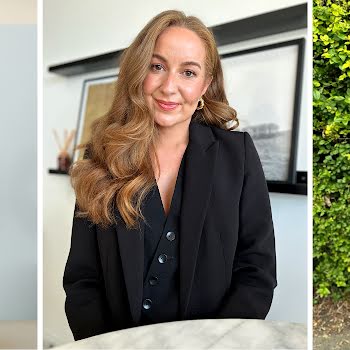Ask the Doctor: ‘My pharmacist told me I may have the beginnings of glaucoma — how can I stop it from progressing?’
By Sarah Gill
21st Mar 2023
21st Mar 2023
All your burning health questions answered by the professionals.
”My pharmacist told me I might have the beginnings of glaucoma and suggested I see a Consultant Ophthalmologist. Is there something I can do at home to stop the condition progressing or do I really need to go and see a consultant, as I am not a fan of hospitals?”

Answer from Mr Graeme Rogers, Consultant Ophthalmic Surgeon, Beacon Hospital.
Many thanks for your important question during World Glaucoma Week, which is timely, given we recently marked World Glaucoma Week (12 – 18 March). Glaucoma is the most common group of eye diseases which damage the optic nerve at the back of the eye. Glaucoma requires treatment from an ophthalmologist to halt these changes and protect this vision.
I am delighted that your pharmacist is raising awareness of everyone’s need for regular eye examinations by an eyecare practitioner. These should occur every two years after the age of 50. However, rather than coming directly to a glaucoma specialist, I would recommend that your first step should be a visit to your friendly local optometrist who would be skilled in identifying both your risks and any eye changes. They would look at your optic nerve and perform an OCT test along with the usual refraction (which tests your need for spectacles). If these tests are normal, there is often no need for a visit to an ophthalmologist and you might be reassured. Most glaucoma is not accompanied by symptoms making regular community screening essential.
In short, without changes to your optic nerve, you do not have glaucoma. While you may have risk factors for developing different types of glaucoma based on information relayed to your pharmacist, it is a scary thing to hear that you may have a potentially vision-threatening condition. We are all scared of losing our vision and our community optometrists play an important part in eye screening and reassuring their clients.
I understand your trepidation about a hospital appointment with a consultant glaucoma specialist. However, should you have glaucoma, early treatment may halt or slow the condition such that you may never notice any vision loss.
In short, an early referral may make all the difference!
Reassuringly, modern glaucoma treatment is most often less of a nuisance than it was – usually comprising a simple, office-based and painless laser application or a daily eyedrop.
After conventional treatment options are discussed and considered, there may also be lifestyle choices to be made. Studies suggest that moderate aerobic exercise may partially protect against the progression of glaucoma. Your diet should include pigmented fruit and vegetables to reduce oxidative stress and your pharmacist and ophthalmologist may additionally recommend one of several agents such as vitamin B3, Ginkgo Biloba, CoEnzyme Q10 and/or Resveratrol.
It is important not to take blood pressure treatment at night. It may be necessary to reduce face-down sleeping, heavy weightlifting or head-down yoga positions discussed on an individual basis. Unless the glaucoma is severe, there is typically no need to alter moderate caffeine consumption, playing musical instruments and/or most sporting activities.
Have a question for the professionals you’d like answered? Get in touch with sarah.gill@image.ie with the subject headline ‘Ask The Doctor’.





















